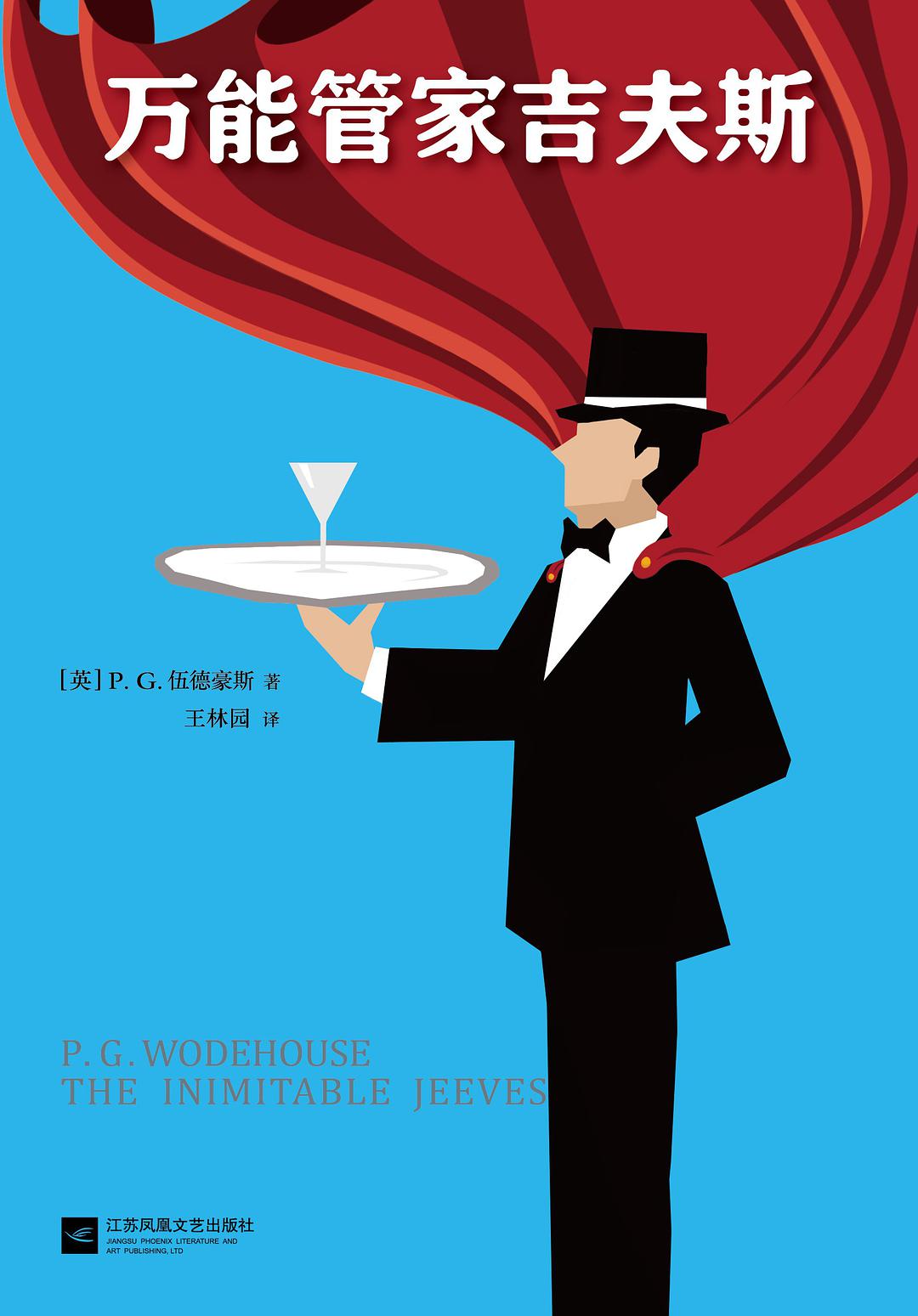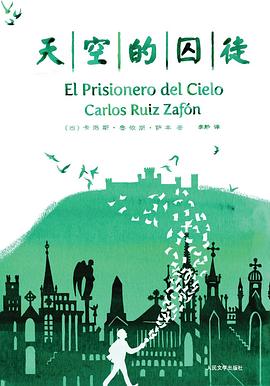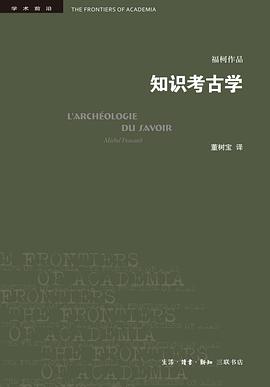Exercised
内容简介
If exercise is healthy (so good for you!), why do many people dislike or avoid it? If we are born to walk and run, why do most of us take it easy whenever possible? And how do we make sense of the conflicting, anxiety-inducing information about rest, physical activity, and exercise with which we are bombarded? Is sitting really the new smoking? Can you lose weight by walking?
Does running ruin your knees? Should we do weights, cardio, or high-intensity training? In this myth-busting book, Daniel Lieberman, professor of human evolutionary biology at Harvard University and a pioneering researcher on the evolution of human physical activity, tells the story of how we never evolved to exercise—to do voluntary physical activity for the sake of health. Using his own research and experiences throughout the world, Lieberman recounts without jargon how and why humans evolved to walk, run, dig, and do other necessary and rewarding physical activities while avoiding needless exertion. His engaging stories and explanations will revolutionize the way you think about exercising—not to mention sitting, sleeping, sprinting, weight lifting, playing, fighting, walking, jogging, and even dancing.
Exercised is entertaining and enlightening but also constructive. As our increasingly sedentary lifestyles have contributed to skyrocketing rates of obesity and diseases such as diabetes, Lieberman audaciously argues that to become more active we need to do more than medicalize and commodify exercise. Drawing on insights from evolutionary biology and anthropology, Lieberman suggests how we can make exercise more enjoyable, rather than shaming and blaming people for avoiding it. He also tackles the question of whether you can exercise too much, even as he explains why exercise can reduce our vulnerability to the diseases mostly likely to make us sick and kill us.
......(更多)
作者简介
Daniel E. Lieberman is Edwin M. Lerner Professor of Biological Sciences and professor of human evolutionary biology at Harvard University. He is the author of the national best seller The Story of the Human Body: Evolution, Health, and Disease. He lives in Cambridge, Massachusetts.
......(更多)
目录
Prologue
1. Are We Born to Rest or Run?
PART I: INACTIVITY
2. Inactivity: The Importance of Being Lazy
3. Sitting: Is It the New Smoking?
4. Sleep: Why Stress Thwarts Rest
PART II: SPEED, STRENGTH, AND POWER
5. Speed: Neither Tortoise nor Hare
6. Strength: From Brawny to Scrawny
7. Fighting and Sports: From Fangs to Football
PART III: ENDURANCE
8. Walking: All in a Day’s Walk
9. Running and Dancing: Jumping from One Leg to the Other
10. Endurance and Aging: The Active Grandparent and Costly Repair Hypotheses
PART IV: EXERCISE IN THE MODERN WORLD
11. To Move or Not to Move: How to Make Exercise Happen
12. How Much and What Type?
13. Exercise and Disease
Epilogue
Acknowledgments
Notes
Index
......(更多)
读书文摘
睡眠不足还会影响调节食欲的激素,进而对身体造成伤害。人在睡眠不足时,体能引发饥饿感的“胃饥饿素”(ghrelin)水平会提升,与此同时,抑制进食欲望的瘦素(leptin)水平会降低。[插图]我在睡眠不足时确实会吃更多零食,数千万遭受睡眠剥夺的大学生应该与我一样,他们在午夜时分的进食欲望被校园附近深夜仍在营业、出售奶油饼干和各种高热量零食的便利店轻松满足。
据我所知,对于避免背部疼痛最好的建议是增强腰部肌肉,因为肌肉可以抵抗疲劳;反过来,有着强壮的腰部肌肉、可以抵抗疲劳的人,就更有可能拥有更好的姿态。换句话说,人们一直把因果关系弄反了。
......(更多)






